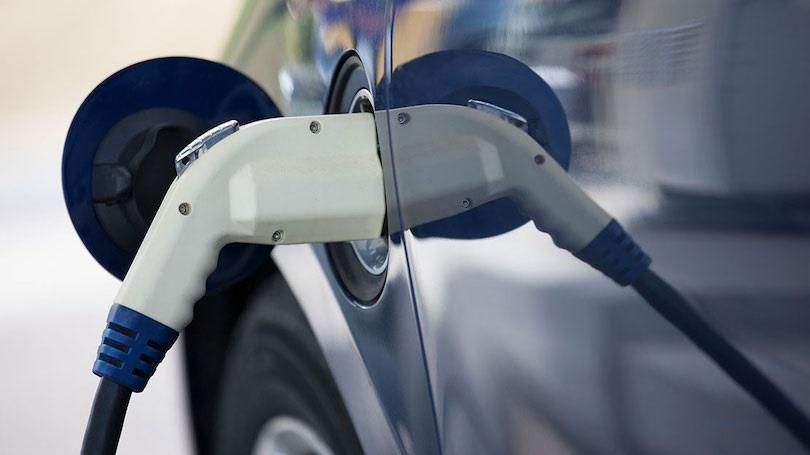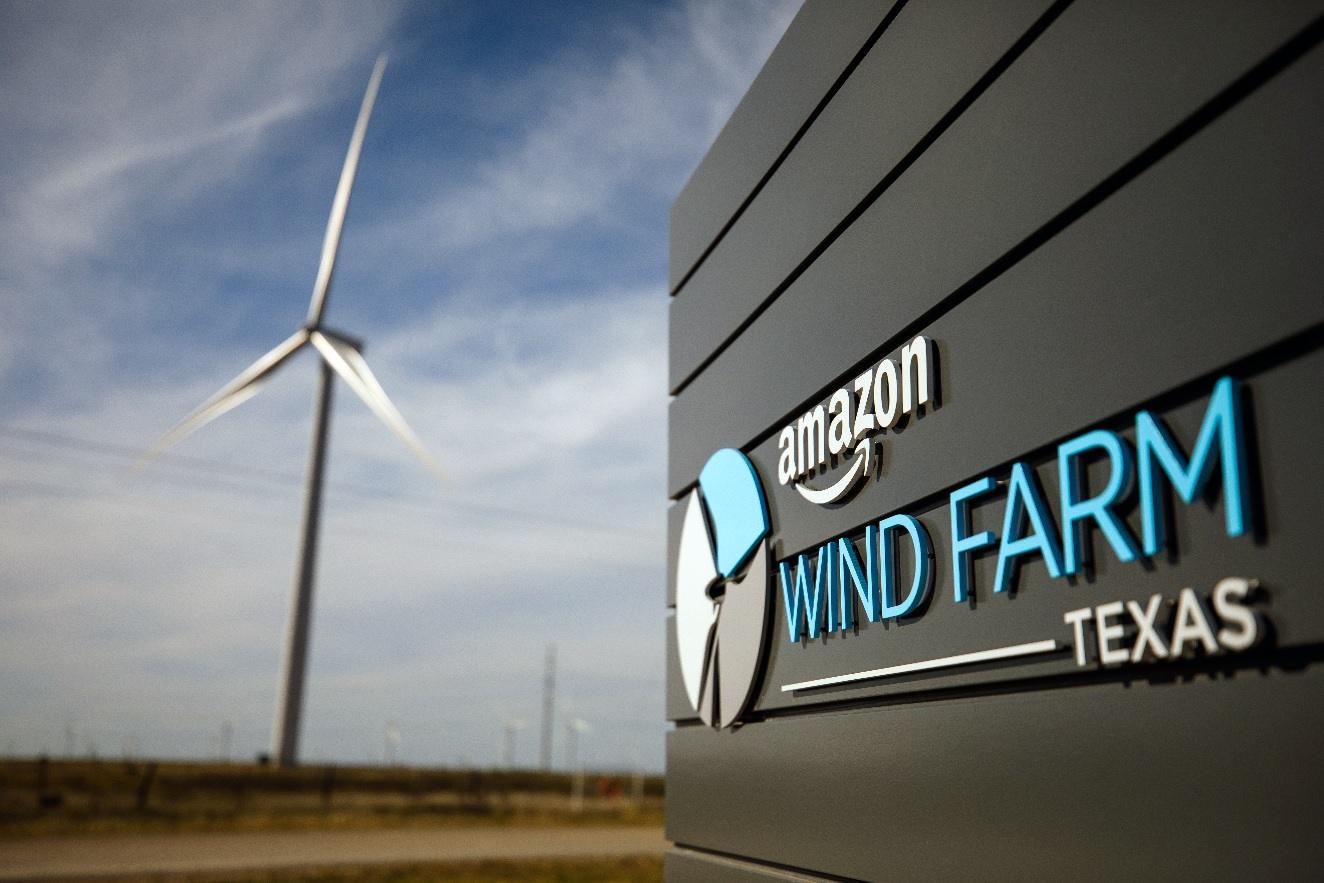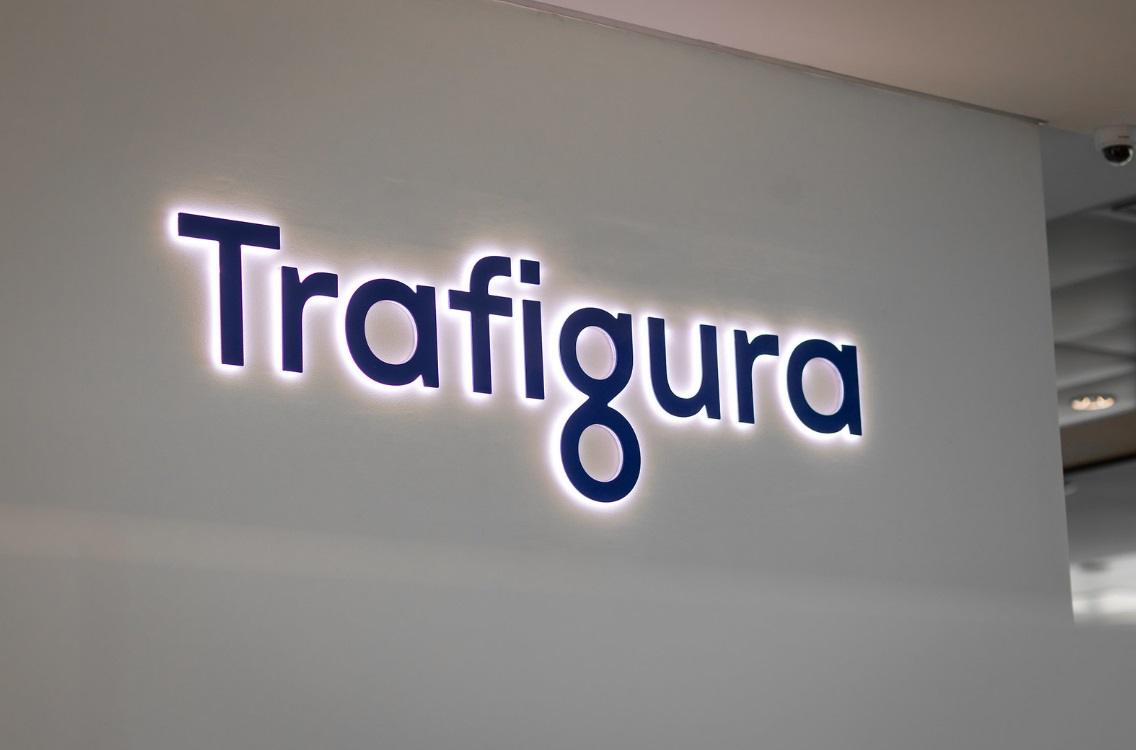Global Automakers to Build EV Charging Network Across U.S., Canada
Seven of the world’s largest automakers announced that they will create a joint venture aimed at deploying a high-powered electric vehicle charging network across North America, with a target to install at least 30,000 chargers across neighborhoods and highways, intended to be powered solely by renewable energy.
The coalition includes BMW, GM, Honda, Hyundai, Kia, Mercedes-Benz, and Stellantis.
The venture would add significant capacity to the North American EV charging network, with the U.S. Department of Energy estimating that there are currently 32,000 publicly available DC fast chargers in the U.S., and comes as the EV market is poised to grow significantly over the next few years, following an executive order by President Biden mandating that zero emissions vehicles make up half of new vehicle sales in the U.S. by 2030.
The group said that the JV “aims to become the leading network of reliable high-powered charging stations in North America.”
BMW Group CEO Oliver Zipse said:
“North America is one of the world’s most important car markets – with the potential to be a leader in electromobility. Accessibility to high-speed charging is one of the key enablers to accelerate this transition. Therefore, seven automakers are forming this joint venture with the goal of creating a positive charging experience for EV consumers.”
The JV’s initial plans call for the deployment of charging stations in metropolitan areas and along major highways, including connecting corridors and vacation routes. Each station will offer both Combined Charging System (CCS) used by multiple automakers and Tesla’s North American Charging Standard (NACS). The automakers added that the stations will allow for seamless integration with each others’ in-vehicle and in-app experiences, including reservations, intelligent route planning and navigation, and payment applications.
The partners also stated that the leverage public and private funds to accelerate the installation of EV chargers, noting in particular the generational investments in public charging being implemented on the Federal and State level. The 2021 Bipartisan Infrastructure Law allocates $7.5 billion for the development of a network of electric vehicle chargers, including $5 billion over five years for the development of an EV charging network across the interstate highway system announced last year under the BIL’s National Electric Vehicle Infrastructure (NEVI). The automakers said that the new stations will meet or exceed the requirements of the NEVI program.
The JV’s first stations are expected to be opened in the U.S. in 2024, and in Canada at a later date.
GM CEO Mary Barra said:
“GM’s commitment to an all-electric future is focused not only on delivering EVs our customers love, but investing in charging and working across the industry to make it more accessible. The better experience people have, the faster EV adoption will grow.”





